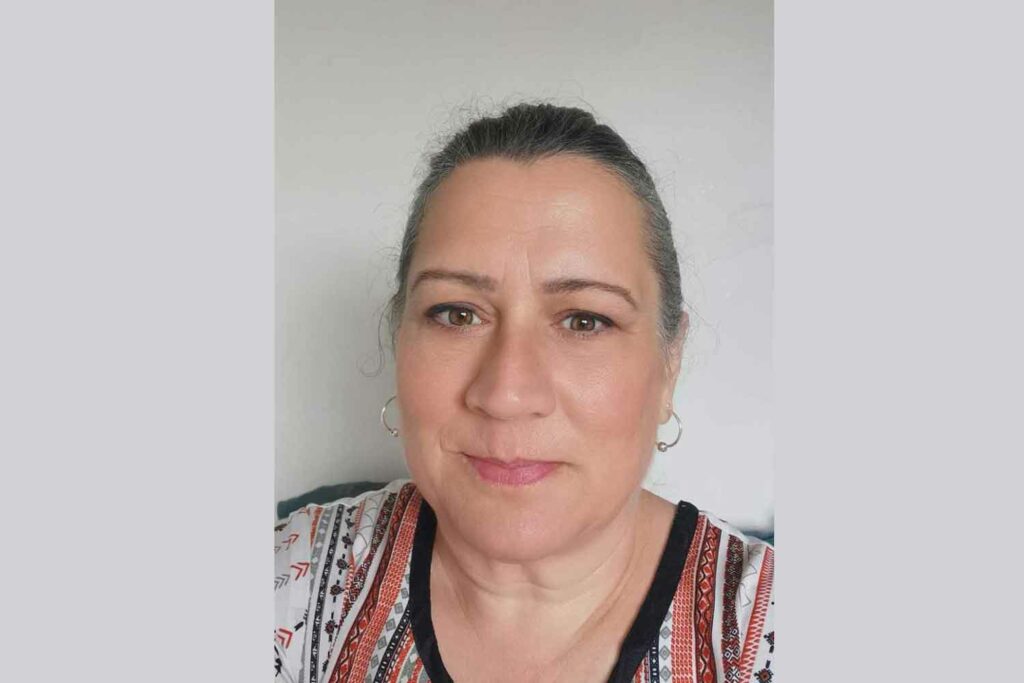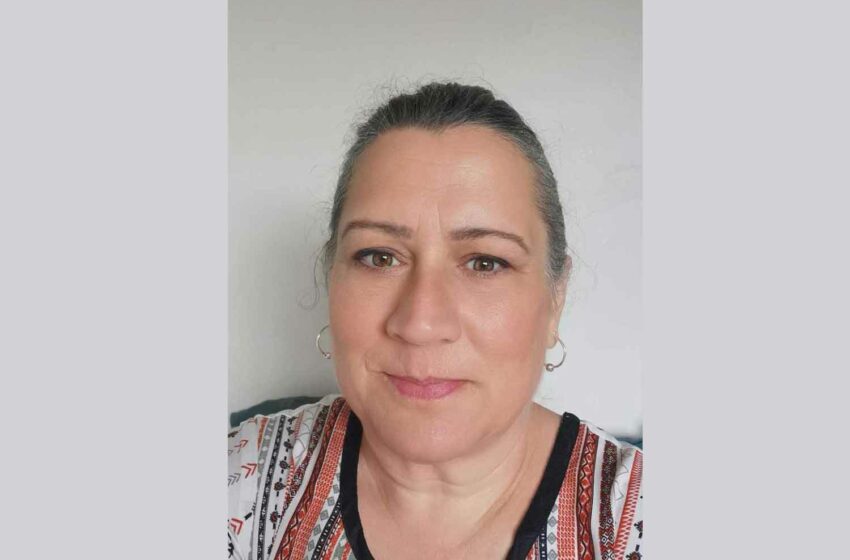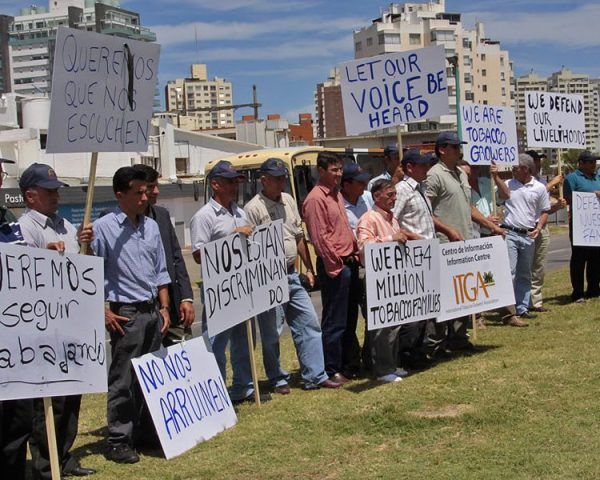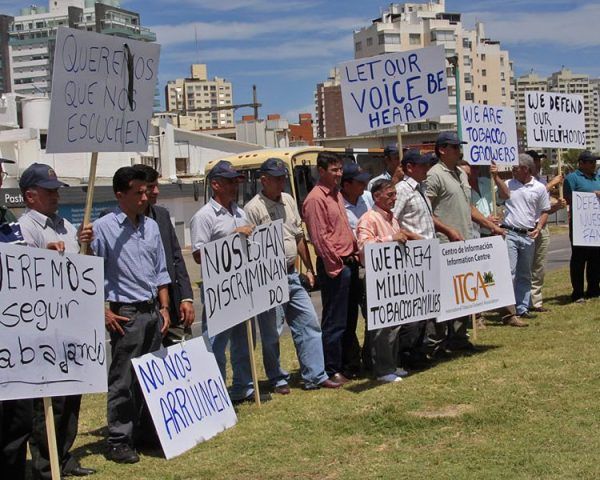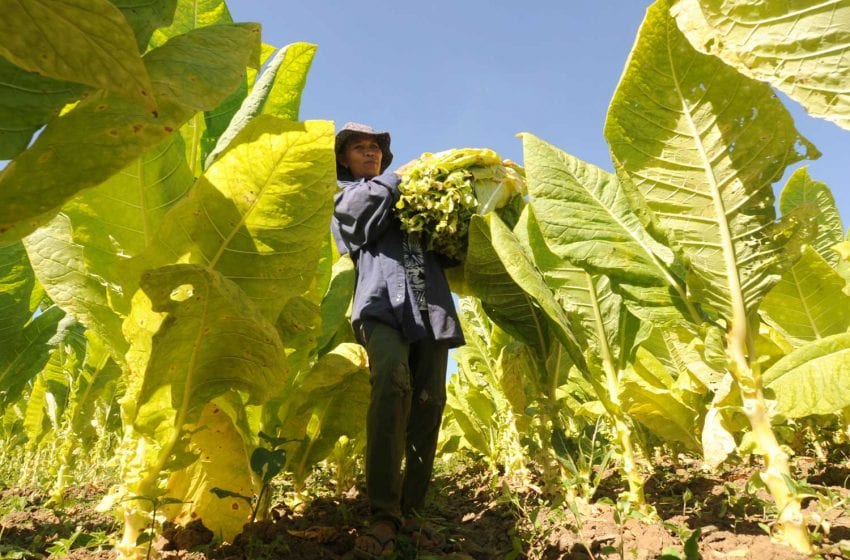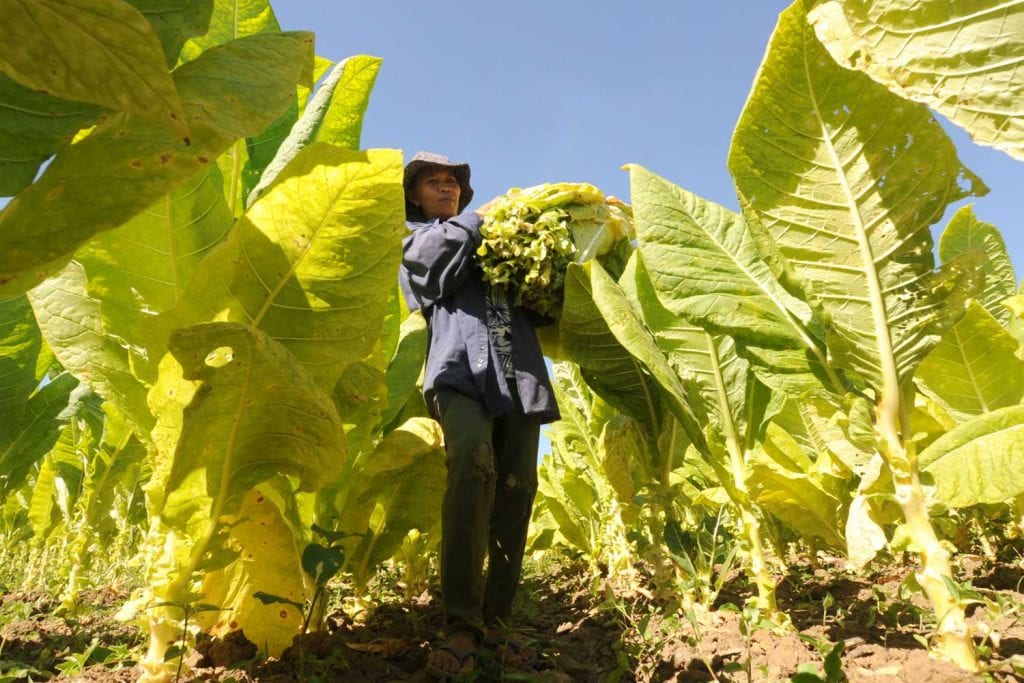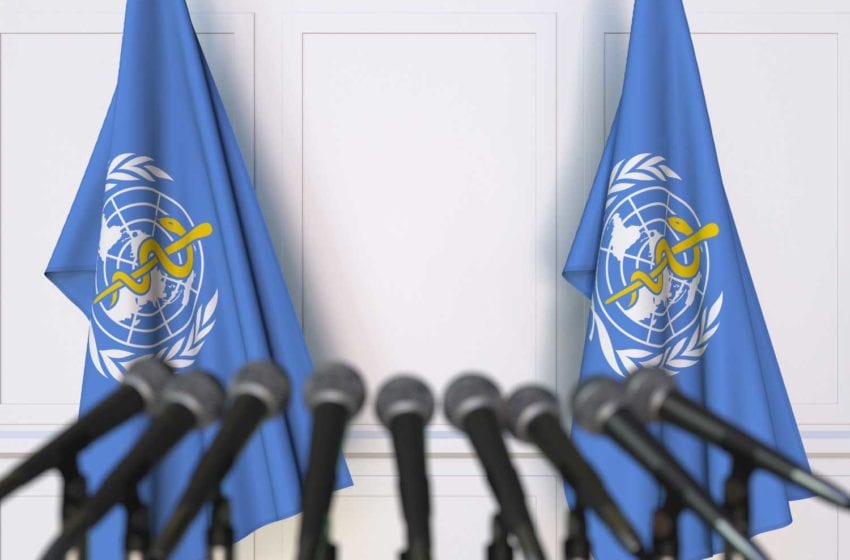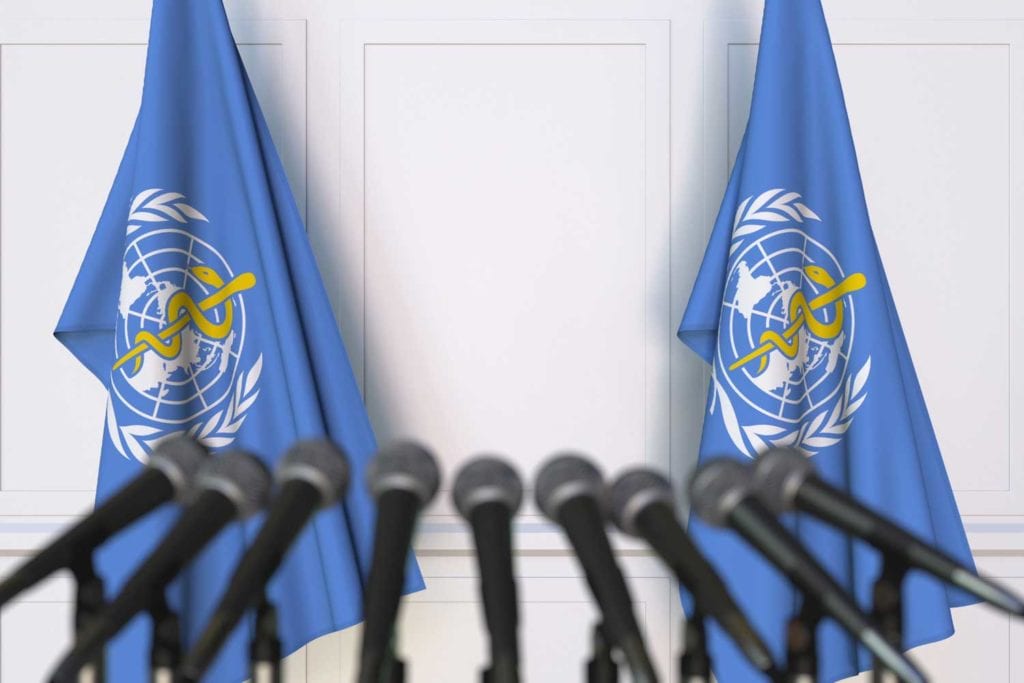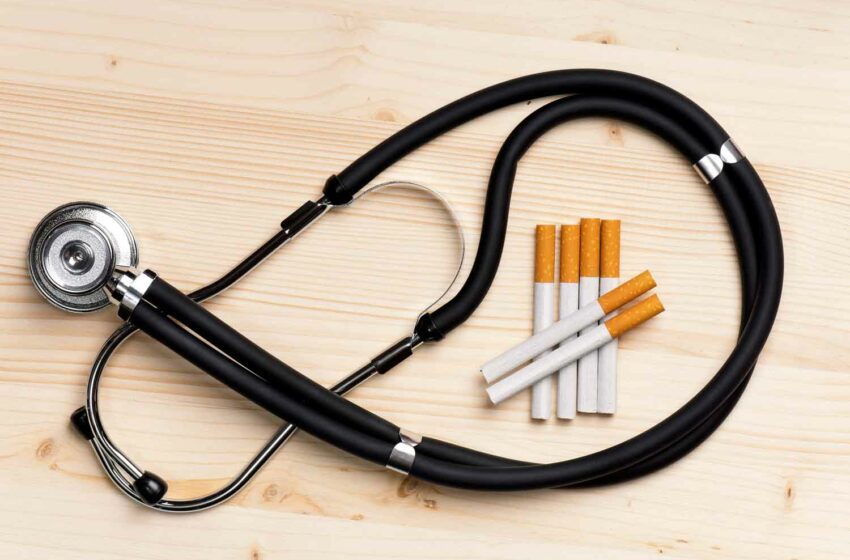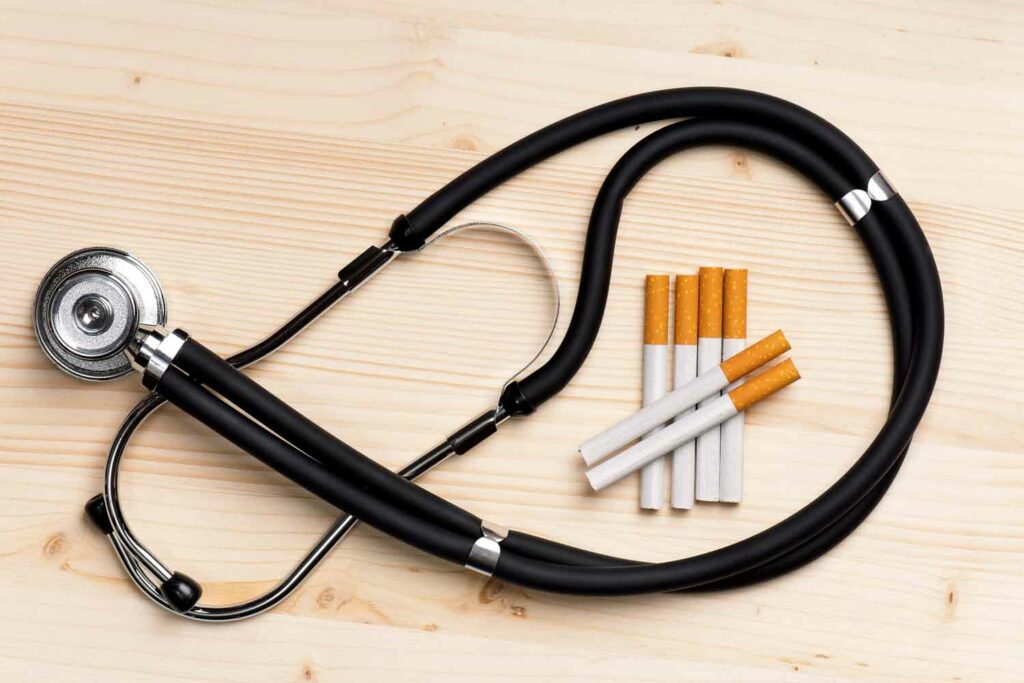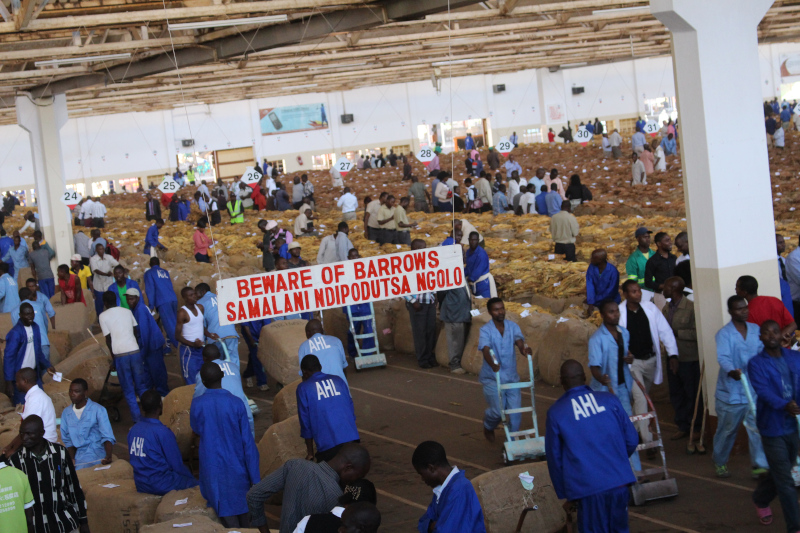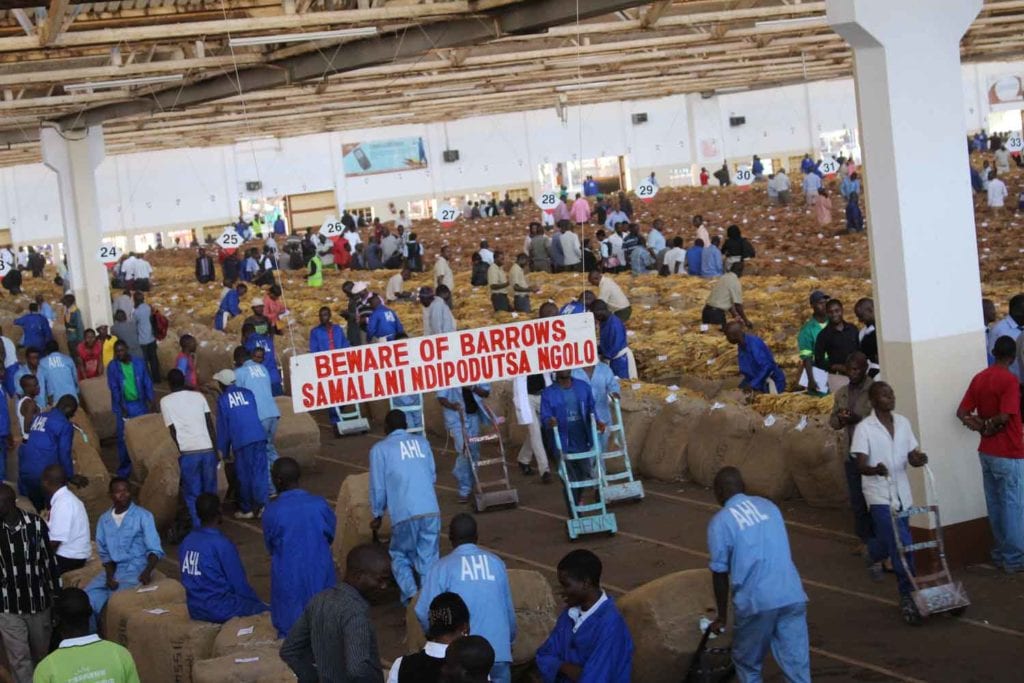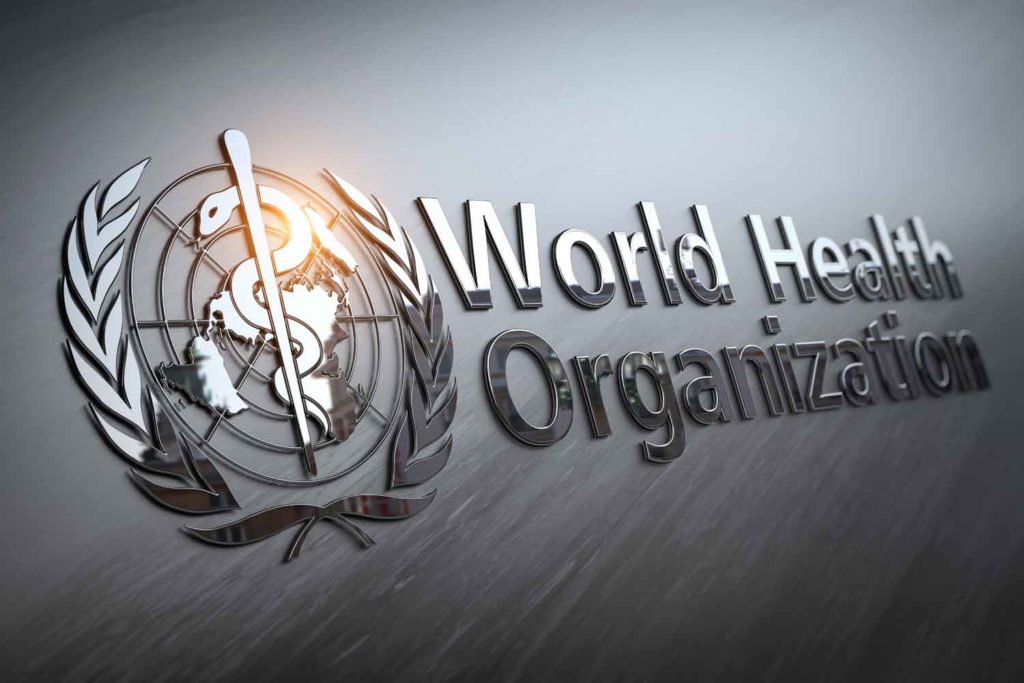Consumer advocacy group Quit for Good asked the World Health Organization Framework Convention on Tobacco Control (FCTC) to consider the lives of more than a billion smokers when it convenes the 10th Conference of the Parties in Panama next week.
Lorenzo Mata Jr., president of Quit for Good, said the WHO should implement FCTC Article 1 (d) on harm reduction strategies to help smokers. The treaty defines tobacco control as “a range of supply, demand and harm reduction strategies.”
“Offering safer nicotine products to millions of adult smokers who want to reduce their exposure to toxic substances from smoke is common sense. This is what tobacco harm reduction (THR) is all about, which the WHO FCTC refuses to implement despite being part of the global treaty,” Mata said.
Representatives from countries that are signatories to the FCTC will meet in Panama for the 10th Conference of the Parties this year, after the meeting was canceled in November 2023, to tackle major topics such as how to treat “novel and emerging tobacco and nicotine products.”
The Coalition of Asia Pacific Tobacco Harm Reduction Advocates (CAPHRA) said blocking the use of products that can help save smokers’ lives is against the mission of the FCTC—a global treaty endorsed by most countries.
“People who smoke should have the right to access less harmful alternatives to smoking, and the WHO FCTC should focus on helping them. We need a pragmatic campaign to reduce the harm caused by smoking, rather than a dogmatic, deceptive, ineffective campaign to compel abstinence,” CAPHRA executive coordinator Nancy Loucas said.
Loucas said the annual reviews of the Office for Health Improvement and Disparities, formerly Public Health England, have consistently shown that vaping carries a fraction of the risks of smoking. “Despite the overwhelming scientific evidence supporting vaping products as less harmful alternatives to smoking, the WHO has consistently disregarded the positive role that vaping can play in tobacco control,” she said.
“It is time for the WHO FCTC and its member states to listen to the voice of the people that they are supposed to fight for and not against—the over 1 billion smokers whose lives are in danger if they continue to smoke,” she said.
Loucas’ views were echoed by Jay Jazul, lead convener of the Harm Reduction Alliance of the Philippines (HARAP). “E-cigarettes do not threaten public health but provide smokers with an exit from smoking, which is the real problem,” he said. “The WHO’s failure to substantiate its claims against e-cigarettes and labeling these innovative products an emerging threat to public health is worrisome.”
“The nicotine was not the problem, it was the delivery system that was the problem. We’ve known that for 50 years,” said David Sweanor of the University of Ottawa at a recent conference in Korea.
“The best example of how products that don’t burn tobacco can benefit public health comes from Sweden, which has the lowest smoking prevalence among men in the European Union and consequently the lowest tobacco-related mortality,” said Lars M. Ramström, the principal investigator at the Institute for Tobacco Studies, which recently published a paper on the topic. Ramström served as a WHO expert and as secretary general of the 4th World Conference on Smoking and Health.
“The meeting of the world’s health leaders in Panama, the COP10, represents a unique opportunity to take a fresh look at the most recent evidence with an open mind. After all, if Sweden had followed WHO’s advice from 20 years ago and banned snus, tobacco-related deaths in Sweden would have been much higher and the only unintended beneficiary profiting from such advice would be the cigarette industry,” said Ramström.
In the runup to COP10, industry representatives have raised concerns about the exclusion of stakeholders from the discussions.
